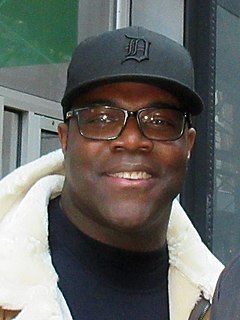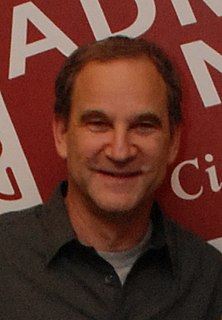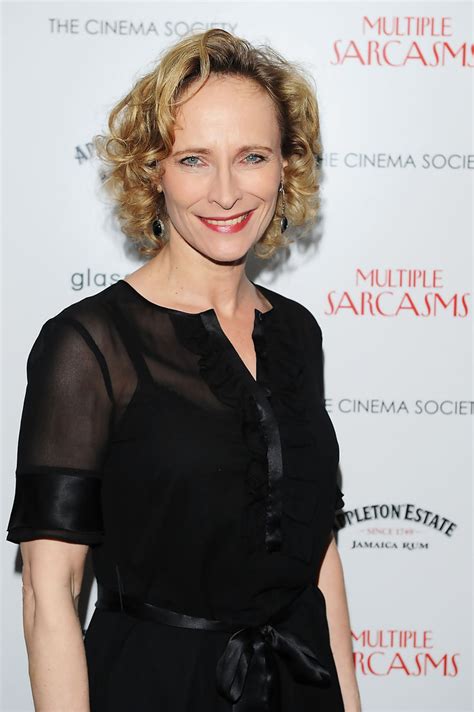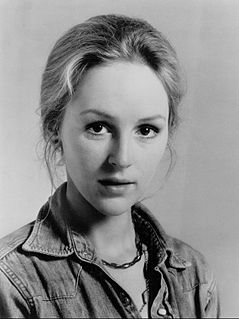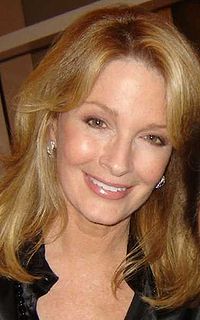A Quote by Giovanni Ribisi
It's an interesting thing to come to New York and do a television show. You're doing 10 hours of content in four and a half months. Eighty-hour weeks are par for the course.
Related Quotes
Work like hell. I mean you just have to put in 80 to 100 hour weeks every week. [This] improves the odds of success. If other people are putting in 40 hour work weeks and you’re putting in 100 hour work weeks, then even if you’re doing the same thing you know that you will achieve in 4 months what it takes them a year to achieve.
It's interesting: I went 25 years without watching a single television show. I was one of those people, because I was so inside how a television show was made, if I would turn on somebody else's show, I would sit there and analyze it, like, 'Oh, so they had four hours in this location and had to get out and the number of set-ups, etc.'
And the whole Oscar thing, that is just surreal: you spend months and months doing promotion, and then come back to reality with this golden thing in your hands. You put it in the office and then you just have to look at it sitting on the shelf. And, after about two weeks, you go: 'What is that doing there?'
I like to do a movie, to be on it 8, 10 weeks. It evolves as you're working on it. Little things come to you every day. It's a slow process, and when you have to pack it into a short period of time, which you do for television, the experience is not one that I cherish. So if it's going to be television, it's really got to be the right thing.
I'm not disciplined in terms of scheduling. I work best late at night, but I can't do that when I'm on a TV show - our hours are roughly 10-6:30, so I have to go to sleep at a reasonable hour. So I'll sometimes write fiction for an hour or two in the evenings, or several hours on the weekend afternoons - unless I'm actively writing a script for the show I'm working on, in which case there's no time to write fiction at all.




